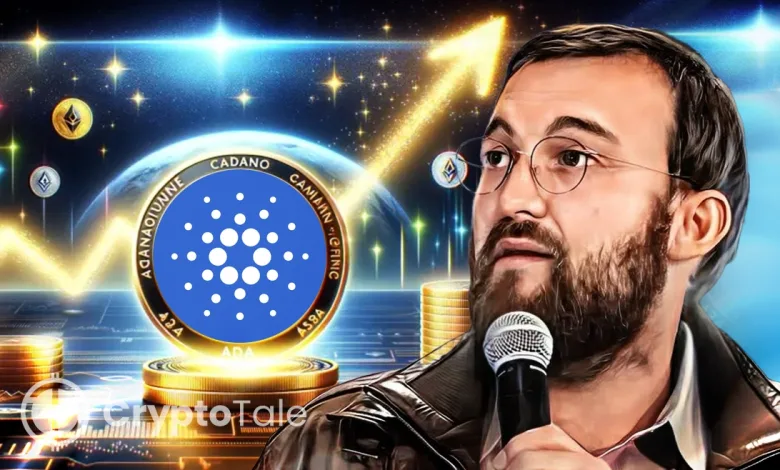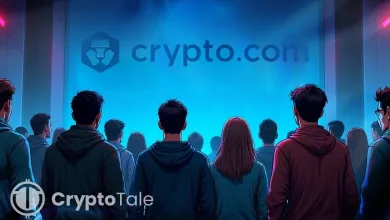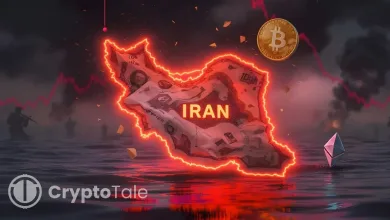Hoskinson Claims Cardano’s Governance Outshines Bitcoin, Ethereum, and Solana

- Cardano’s governance empowers users, ensuring decentralization and inclusivity.
- The governance system of Cardano sets a new precedent for blockchain transparency.
- Innovations like Hydra and diverse nodes drive Cardano’s scalability and decentralization.
Charles Hoskinson asserts that Cardano distinguishes itself from Bitcoin, Ethereum, and Solana because of its unique governance model. Unlike other blockchains, Cardano’s governance system “values, respects, and protects user rights.” With increased government scrutiny on crypto, Cardano’s model may pave the way for decentralization and regulatory resilience in the industry.
In blockchain, governance has emerged as a major concern. Although decentralization is a common approach in many projects, it plays a central role in Cardano by emphasizing user participation. Cardano’s governance model aims to empower users with more control and establish a decentralized system that ensures all participants have a voice.
Cardano’s Democratic Governance: Empowering Users for a Transparent Future
The governance structure of Cardano is designed around democratic participation. Cardano uses community-elected representatives, called DReps. This allows users to directly influence future decisions on the platform.
The idea of user participation in Cardano’s governance helps demonstrate its peculiarities. Hoskinson claims that this brings about transparency and accountability, which can be required by regulators exploring more control over decentralized platforms. With the tightening global policies, the format adopted by Cardano may become a paradigm for other blockchains.
The transition to a more inclusive governance model has been a significant development for Cardano. Over the past year, the platform ratified its constitution and introduced mechanisms for decentralized decision-making. These steps mark a shift from the earlier “Genesis key era,” which was marked by dissatisfaction and a lack of engagement from the community.
The governance model in Cardano is focused on collaboration. The recent workshops, which included Cardano Foundation stakeholders and other communities, were related to problem-solving. Though solutions may be different, the fact that the community is engaging with each other and finding and working on issues is a great step forward.
Cardano’s Tech Evolution: Boosting Scalability and Decentralization
Advancements in technological innovation are also prevalent in Cardano. It has been diversifying its node implementations by adding clients in Go, Rust, and TypeScript to the platform. This makes the network more resilient, and it does not depend on a single company or technology, which increases Cardano’s decentralization initiatives.
According to Hoskinson, these new technologies and the participatory system of governance will see Cardano break out in terms of scalability and adoption. One of the innovative projects currently in the works by the platform is a scaling technology, referred to as Hydra, which will offer instant and free transactions. Hydra is in test mode on the Cardano mainnet and might serve to support millions of users as more users join the ecosystem.
Related: Cardano Launches Reeve to Boost ESG Reporting Accuracy
The Cardano treasury is another area where the platform is thriving. With around 1.7 billion ADA tokens in reserve, Cardano has a solid financial foundation. Hoskinson has proposed the creation of a sovereign wealth fund, which could generate value for the ecosystem and finance future growth.
Cardano has deep integration between its governance and technology. The platform has developed a problem-solving and decision-making process as the maturity of its governance model becomes more elaborate. The changing organization might give other blockchain projects similar ideas, especially considering the growing regulatory requirements.
The governance offered by Cardano distinguishes it from Bitcoin, Ethereum, and Solana. It emphasizes the rights of the user and decentralizes decision-making to make the platform more transparent and inclusive. With the mounting international regulations, the governance model of Cardano could have an influential role in the future of blockchain technology.




